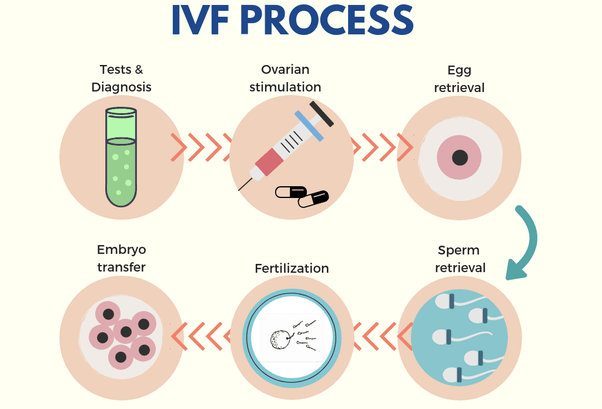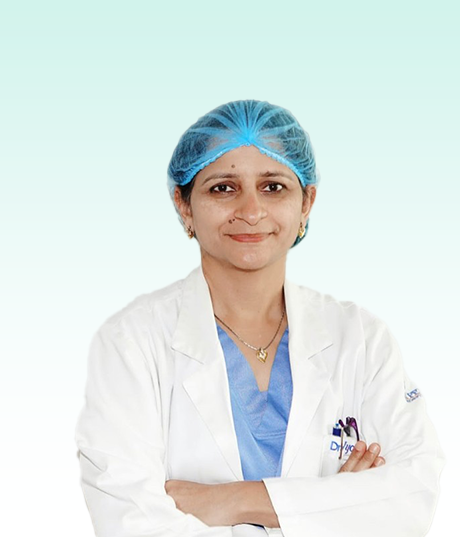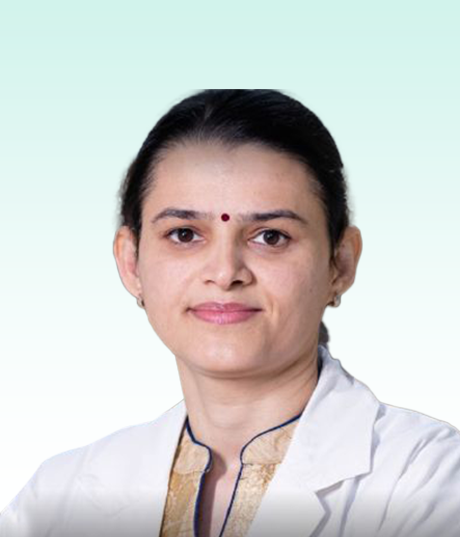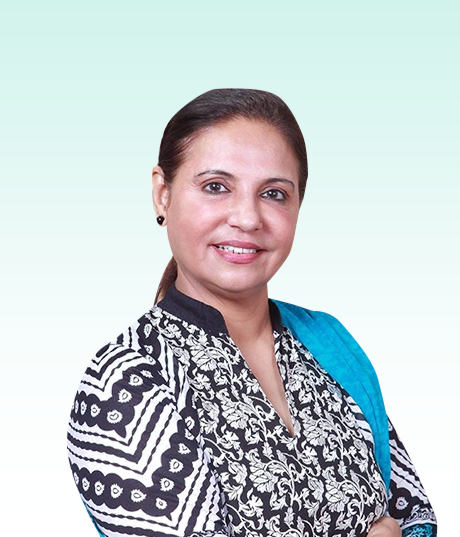IVF and Fertility Treatment
In vitro fertilization (IVF) is a type of assisted reproductive technology (ART) where sperm and an egg are fertilized outside of the human body. IVF is a complex process that involves retrieving eggs from ovaries and manually combining them with sperm in a lab for fertilization. Several days after fertilization, the fertilized egg (now called an embryo) is placed inside a uterus. Pregnancy occurs when this embryo implants itself into the uterine wall.

Who Needs IVF and Fertility Treatment
IVF and fertility treatment may be recommended for individuals or couples who face specific fertility challenges, including:
- Ovulation disorders: If a woman experiences irregular or absent ovulation, fertility medications can be used to stimulate egg production.
- Blocked or damaged fallopian tubes: IVF bypasses the need for fallopian tubes by directly fertilizing eggs and sperm in the laboratory.
- Low sperm count or motility: IVF can be used with intracytoplasmic sperm injection (ICSI) to achieve fertilization even with low sperm count or poor sperm motility.
- Endometriosis: IVF can be an effective option for individuals with endometriosis that affects fertility.
- Unexplained infertility: When the cause of infertility cannot be identified through standard evaluations, IVF may be recommended as a treatment option.
- Advanced maternal age: As a woman’s age increases, the quality and quantity of her eggs decrease. IVF can help overcome age-related fertility challenges.
- Genetic disorders: Preimplantation genetic testing (PGT) can be performed during IVF to screen embryos for specific genetic conditions.
- Same-sex couples or single individuals: IVF and fertility treatment offer options for same-sex couples or single individuals to conceive using donor sperm, eggs, or gestational carriers.
When to See a Specialist
If you have been trying to conceive without success for a prolonged period (typically one year for individuals under 35 years and six months for those over 35), it is advisable to consult with a fertility specialist or reproductive endocrinologist. They can evaluate your medical history, perform necessary tests, and discuss the appropriate fertility treatment options, including IVF.
Procedure
- Ovarian stimulation: Fertility medications are prescribed to stimulate the ovaries to produce multiple mature eggs. This process typically involves daily injections and close monitoring through blood tests and ultrasounds.
- Egg retrieval: Once the eggs are mature, a minor surgical procedure called transvaginal ultrasound-guided follicle aspiration is performed to retrieve the eggs from the ovaries.
- Sperm collection: On the day of the egg retrieval, the male partner or a sperm donor provides a semen sample at the fertility clinic.
- Fertilization: In the laboratory, the eggs and sperm are combined through conventional IVF or ICSI. In conventional IVF, the sperm is placed in a dish with the eggs, allowing fertilization to occur naturally. In ICSI, a single sperm is injected directly into each mature egg.
- Embryo culture: Fertilized eggs, now embryos, are cultured in the laboratory for a few days to allow for development.
- Embryo transfer: One or more embryos are transferred into the woman’s uterus using a thin catheter. The number of embryos transferred depends on various factors, including the woman’s age and specific circumstances.
- Luteal phase support: Progesterone or other medications may be prescribed to support the uterine lining and promote implantation.
- Pregnancy test: Approximately two weeks after the embryo transfer, a blood test is conducted to determine if pregnancy has occurred.
Road to Recovery
After the embryo transfer, the woman may resume normal activities but is often advised to avoid strenuous exercise or heavy lifting. Some women may experience mild cramping or spotting, but these symptoms typically subside within a few days.
Risk Management
IVF and fertility treatment carry certain risks and considerations, including:
- Multiple pregnancies: The use of fertility medications and the transfer of multiple embryos can increase the likelihood of multiple pregnancies, such as twins or higher-order multiples. This can pose additional health risks for both the mother and babies.
- Ovarian hyperstimulation syndrome (OHSS): In some cases, the use of fertility medications can lead to OHSS, a condition characterized by enlarged ovaries and fluid accumulation in the abdomen. Close monitoring and appropriate medication adjustments can help minimize this risk.
- Emotional and psychological impact: The emotional and psychological impact of fertility treatment can be significant. It is important to have appropriate support systems in place throughout the process.
Benefits of IVF and Fertility Treatment
- Increased chances of pregnancy: IVF and fertility treatment offer higher success rates compared to natural conception, especially for individuals with specific fertility challenges.
- Option for genetic testing: Preimplantation genetic testing (PGT) can be performed during IVF to screen embryos for specific genetic conditions, providing the opportunity to select healthy embryos for transfer.
- Personalized approach: IVF and fertility treatment can be tailored to individual needs, considering factors such as age, fertility diagnosis, and medical history.
- Support for various fertility challenges: IVF can address a wide range of fertility issues, including ovulation disorders, tubal factors, male factor infertility, and unexplained infertility.
- Options for same-sex couples or single individuals: IVF and fertility treatment provide alternative paths to parenthood for same-sex couples or single individuals through the use of donor sperm, eggs, or gestational carriers.
Frequently Asked Questions
How successful is IVF?
The success of IVF depends on various factors, including the woman’s age, the cause of infertility, the quality of the eggs and sperm, and the expertise of the fertility clinic. On average, the success rate per cycle ranges from 30% to 50%, but success rates can vary significantly among individuals.
Does IVF guarantee a pregnancy?
While IVF offers higher success rates compared to natural conception, it does not guarantee a pregnancy. Success rates can vary based on individual circumstances, and multiple cycles may be necessary to achieve a successful pregnancy.
Are there any side effects or risks associated with fertility medications?
Fertility medications can have potential side effects, including mood swings, hot flashes, bloating, and breast tenderness. In rare cases, fertility medications can lead to ovarian hyperstimulation syndrome (OHSS) or multiple pregnancies. It is essential to work closely with a fertility specialist who can monitor and manage the medication protocol to minimize risks.
Is IVF painful?
IVF procedures are generally not considered painful. The egg retrieval procedure is performed under anesthesia, ensuring the woman’s comfort. Some women may experience mild discomfort or cramping after the procedure, but these symptoms are usually manageable.
How long does an IVF cycle take?
The duration of an IVF cycle can vary, but it typically takes about four to six weeks. This includes the time for ovarian stimulation, monitoring, egg retrieval, fertilization, embryo culture, and embryo transfer. Some additional time may be required for pre-cycle evaluations and preparation.
Treatians As The Best Choice
Treatians understand that seeking medical treatment abroad can be a daunting experience for patients and their families. That’s why the company offers end-to-end support to its clients, from the initial consultation to post-treatment care. The company provides personalized treatment plans that are tailored to meet the individual needs of each patient, and its team of dedicated professionals is always on hand to provide guidance and support throughout the entire process. Contact us at +91-7982312582, drop your email [email protected]
- Trauma & intensive care
- Aged Care
- Community Services
- Diagnosis & Investigation
- Medical & Surgical
- Mental Health
- Rehabitation
- Specialised Support Service















